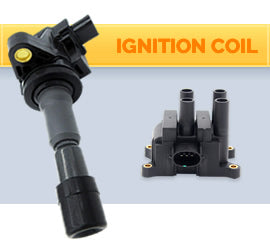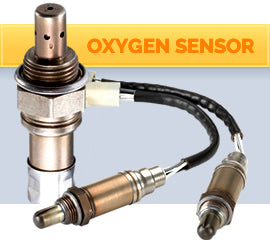Ensuring Quality and Compliance: Automotive Parts Standards and Certifications

The automotive parts industry is subject to stringent quality assurance, safety standards, and environmental standards. These guidelines and certifications play a crucial role in ensuring the safety, performance, and reliability of vehicles on the road. This article will discuss the significance of quality assurance, ISO certification, safety standards, and environmental standards in the automotive parts industry and how they benefit both manufacturers and consumers.
Quality Assurance: The Key to High-Performance Automotive Parts
Quality assurance is a systematic approach to ensuring that automotive parts meet predetermined quality requirements. This process involves inspection, testing, and monitoring at various stages of production to identify and resolve any potential defects or nonconformities. By adhering to quality assurance protocols, manufacturers can produce high-quality automotive parts that provide consistent performance, durability, and safety.
ISO Certification: A Benchmark for Quality and Consistency
International Organization for Standardization (ISO) certification is a globally recognized benchmark for quality management systems. Automotive parts manufacturers who obtain ISO certification demonstrate their commitment to producing high-quality components that meet international standards. This certification ensures that the manufacturer has implemented a comprehensive quality management system, which includes processes for continuous improvement, customer satisfaction, and regulatory compliance.
Safety Standards: Protecting Drivers and Passengers
Safety standards for automotive parts are crucial in protecting the lives of drivers and passengers. These standards, developed by industry organizations and regulatory bodies, ensure that components are designed, tested, and manufactured to withstand the stresses and hazards associated with normal use. Compliance with safety standards reduces the risk of component failure, accidents, and injuries, ultimately contributing to a safer driving experience.
Environmental Standards: Promoting Sustainability and Reducing Emissions
Environmental standards in the automotive parts industry aim to minimize the environmental impact of vehicles and their components throughout their life cycle. These guidelines address issues such as emissions, energy efficiency, and the use of hazardous materials. By adhering to environmental standards, automotive parts manufacturers can reduce their carbon footprint, contribute to a cleaner environment, and comply with increasingly stringent emissions regulations.
Conclusion
Quality assurance, ISO certification, safety standards, and environmental standards play a vital role in the automotive parts industry. By complying with these guidelines and certifications, manufacturers can produce high-quality components that ensure optimal vehicle performance, safety, and sustainability. As a consumer, it's essential to choose automotive parts from reputable manufacturers who prioritize these standards to ensure the reliability, safety, and environmental friendliness of your vehicle.
- Posted in Automotive, Autoparts, Certification Standards, Import, Industry, Supplier












